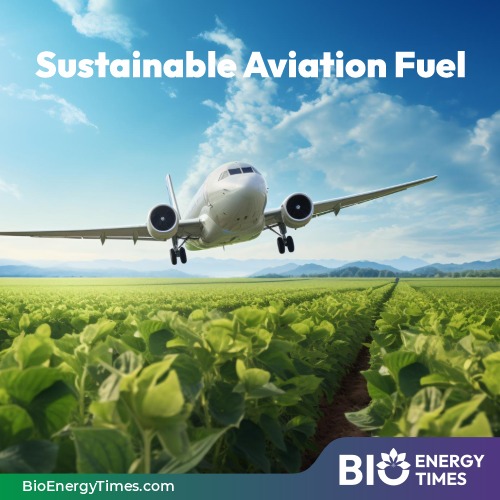Norway has made history as the first country to operate the Lockheed Martin F-35 fighter jet using a blend of sustainable aviation fuel (SAF). Norwegian Minister of Defence, Bjørn Arild Gram, described this achievement as a significant climate initiative that could strengthen Norway’s preparedness.
The milestone was reached at the Norwegian Air Force’s Ørland air base, which houses the 132 Air Wing’s two F-35A squadrons. Although a second demonstration flight planned for January 15 was cancelled due to bad weather, the first successful test flight with a 40% SAF blend took place the previous day. The fuel used for this flight was biofuel made from waste, residues, and by-products.
On January 16, Lockheed Martin announced that it had approved the use of synthetic aviation turbine fuels (SATF) in the F-35. Chauncey McIntosh, vice president and general manager of the F-35 programme, stated that the company is committed to ensuring the F-35 is always mission-ready and that adding new fuel sources will help diversify the supply chain while maintaining operational excellence.
Lockheed Martin emphasized that the approval followed thorough technical and strategic analysis to ensure SATF meets the high performance and reliability standards required for the F-35’s demanding missions. Currently, SATF can be blended with conventional jet fuel at a ratio of up to 50%, depending on the raw materials and production method used.
Minister Gram explained that Norway’s fighter jets currently account for about one-third of the direct CO2 emissions within the defence sector, and the aim is to contribute to the country’s climate targets while also enhancing military readiness. This is part of a broader long-term defence plan that focuses not only on environmental responsibility but also on technological development and preparedness.
However, Gram also acknowledged that while local production of sustainable aviation fuel could reduce Norway’s reliance on long supply chains, challenges remain regarding fuel availability and production capacity in the country. The government noted that although the F-35 is approved for SAF, more work is needed to address these issues.
Norway has already made strides in the use of sustainable aviation fuel. In 2020, it became the first country to mandate SAF, requiring 0.5% of all aviation fuel sold to be advanced biofuels, with an exception for the Norwegian Armed Forces. Oslo Airport became the first airport in the world to use blended SAF in 2016, and Norsk e-Fuel plans to begin full-scale SAF production in Norway in 2026. This ‘second-generation’ fuel technology will move beyond the HEFA-produced biofuels currently available.
The use of biofuels is part of Norway’s broader environmental strategy, which includes testing mobile hybrid systems powered by wind turbines and solar panels.
In 2017, Saab’s Gripen D became the first single-engine fighter to fly with 100% biofuel, made from rapeseed oil, during a test flight in Sweden. While the test was successful, Saab’s director of research and technology, Göran Bengtsson, noted that further certification and a reliable fuel supply would be needed for the biofuel to meet operational needs.
For detailed information and further insights, please refer to BioEnergyTimes.com, which provides the latest news about the Sustainable Aviation Fuel Industry














